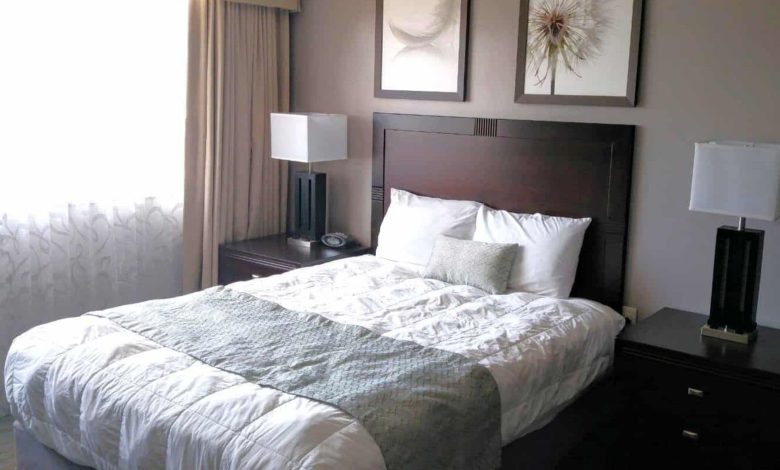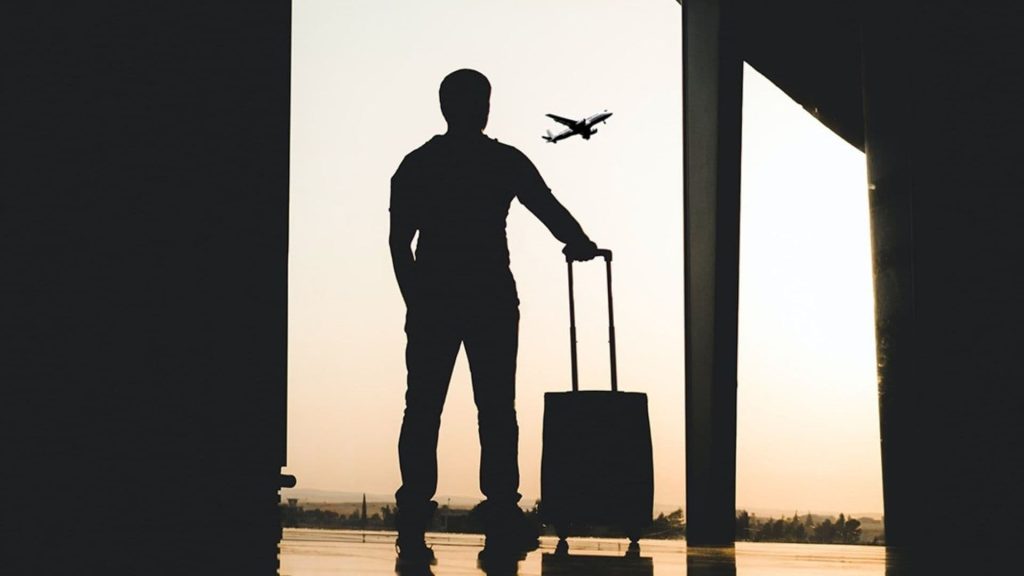
As a self-employed individual, understanding how to claim lodging and meal expenses can significantly impact your tax deductions. One common question that arises is whether you can claim a per diem for lodging as part of your business travel expenses. When traveling for business, self-employed individuals have the opportunity to deduct various travel-related expenses, which can include lodging, meals, and other necessary costs incurred while away from home. However, the IRS has specific guidelines regarding what can be claimed under per diem rates. Unlike employees who may receive a combined per diem for both lodging and meals from their employers, self-employed individuals are limited in their ability to claim per diem allowances. Specifically, they can only use per diem rates for meal expenses and must have receipts to deduct lodging costs. This distinction is crucial because it affects how you can report your travel expenses on your tax return.
Understanding Per Diem for Self-Employed Individuals
Per diem refers to a daily allowance given to cover travel expenses while away from home. For self-employed individuals, the IRS allows the use of per diem rates primarily for meal expenses. According to IRS guidelines, you can deduct 50% of your meal costs if you are traveling for business and away from your tax home overnight. However, when it comes to lodging expenses, you cannot claim a per diem rate; instead, you must provide actual receipts for your lodging costs.
Meal Expenses
For self-employed individuals, claiming meal expenses can be simplified by using per diem rates instead of tracking every single receipt. When using the per diem method:
- You calculate the number of days traveled and multiply it by the applicable federal per diem rate for meals based on your travel location.
- You are allowed to deduct 75% of the federal rate for meals on the first and last day of travel.
- It is essential to document the time, place, and business purpose of your travel to substantiate these deductions.

Lodging Expenses
In contrast to meal expenses, lodging must be documented with receipts. The IRS requires that self-employed individuals maintain accurate records of their actual lodging costs incurred during business trips. This means:
- You need to keep all hotel or accommodation receipts.
- The total amount spent on lodging can be fully deducted as a business expense.
- If you do not have receipts or documentation for your lodging expenses, you cannot claim these costs.
Recordkeeping Requirements
To ensure compliance with IRS regulations and substantiate your deductions effectively, maintaining good records is crucial. Here are some best practices:
- Keep Detailed Logs: Maintain a travel log that includes dates of travel, locations visited, purpose of the trip, and any relevant notes about meetings or business activities conducted.
- Save Receipts: Collect and organize all receipts related to lodging and meals during your travels. Consider using digital tools or apps that allow you to scan and store receipts electronically.
- Document Per Diem Claims: If claiming per diem for meals, note down the federal rates applicable to each location you visit and calculate your deductions accordingly.